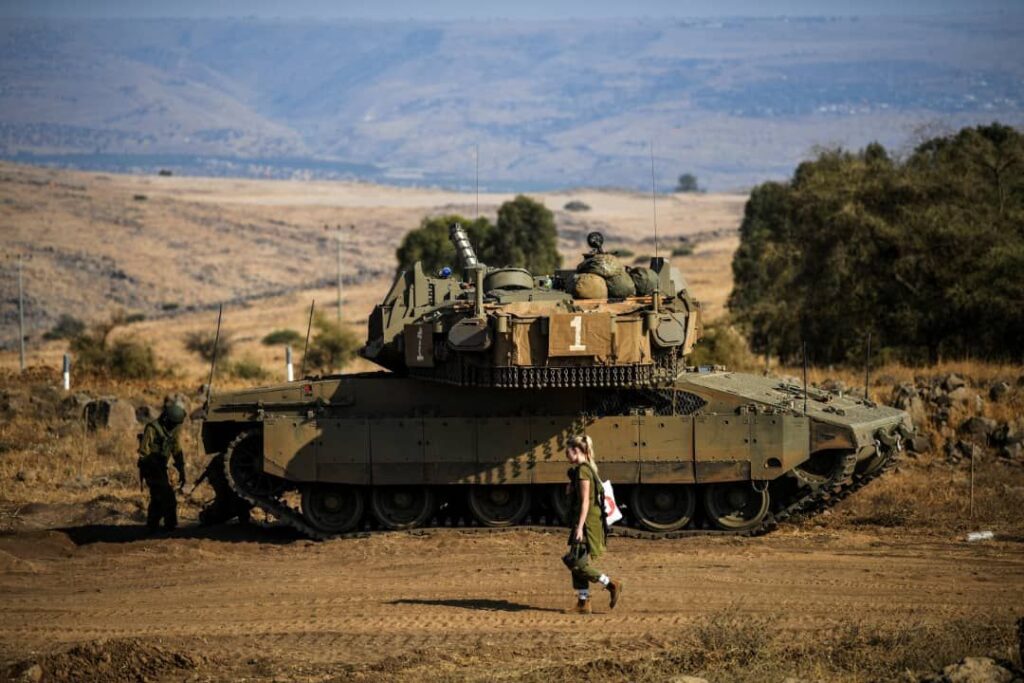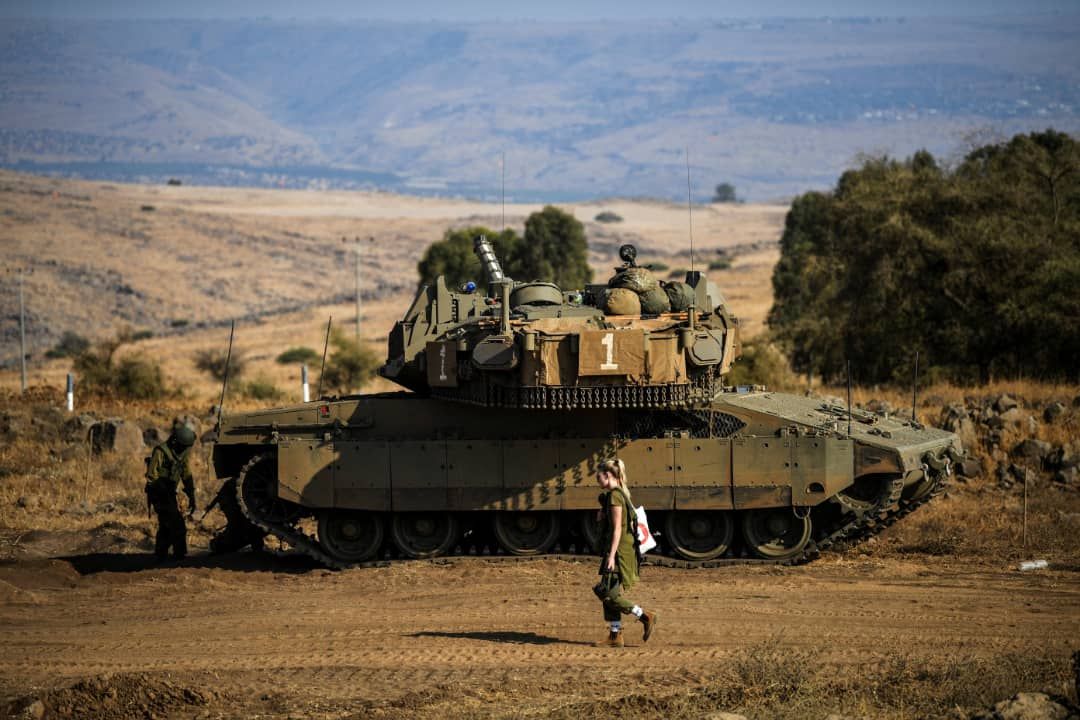By Burnett Munthali
In recent days, tensions have escalated between Israel and Hezbollah, following a series of incidents that have heightened hostilities in the region. While the Israeli government has refrained from directly assuming responsibility for recent actions, the rhetoric from both sides has intensified, with Hezbollah’s leader delivering a fiery speech promising retaliation.
Hezbollah’s leader acknowledged the casualties among first responders and expressed solidarity with those affected by the violence. However, he did not offer any significant revelations during his address. Instead, he indicated that retaliation could be unexpected, suggesting that Hezbollah would not disclose its plans in advance. This strategic ambiguity adds to the already volatile atmosphere.

Hezbollah is acutely aware of Israel’s military superiority, but the group remains defiant. The leader’s remarks included a provocative invitation for Israel to invade Lebanon, a move that would allow Hezbollah to engage on familiar terrain. The last major conflict between Hezbollah and Israel in 2006 resulted in a stalemate but demonstrated Hezbollah’s capability to inflict significant damage on Israeli forces. This history looms large in current calculations, as Hezbollah’s military strategy has evolved to include sophisticated weaponry, much of it sourced from allies like Iran.
The current situation is complicated further by Iran’s role in the conflict, particularly following the assassination of Ismail Qaani in Tehran on July 31. Iran views this incident as a direct affront and may seek retribution against Israel, heightening the stakes for both parties.
Amid these tensions, there is speculation that a potential ceasefire deal concerning Gaza could provide a cooling-off period. Such an agreement might help diffuse some of the current hostilities and shift focus away from escalating military engagements.
The dynamics of this situation are underscored by the operational challenges facing Hezbollah, particularly in maintaining effective command and control. Reports suggest that the organization’s structure is strained, complicating its ability to coordinate a response to Israeli actions. While Hezbollah is often described as a terrorist organization by many governments, its military capabilities and strategic positioning make it a formidable adversary that Israeli Defense Forces (IDF) commanders do not take lightly.
As the situation develops, both sides must navigate the delicate balance between military posturing and the potential for broader conflict. The risk of miscalculation is significant, and any escalation could have dire consequences for the region as a whole. The coming days will be crucial in determining whether rhetoric gives way to diplomacy or further violence.



